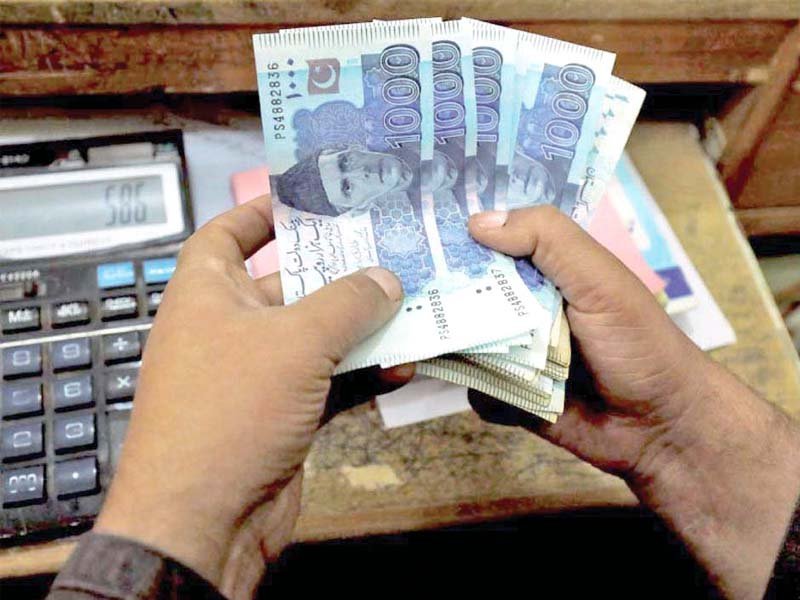KARACHI: The government has boosted the profit rate on several national savings plans to absorb the advantage of a spike in income from Pakistan Investment Bonds (PIB).
From March 25, 2022, the revised rates were in force (Friday).
On Thursday, the Ministry of Finance’s Central Directorate of National Savings (CDNS) announced an increase in the profit rate on Pensioner Benefit Accounts, Behbood Saving Certificates, Regular Income Certificates, special savings accounts, and Defence Certificates.
Meanwhile, economists feel that the recent increase in cut-off yields may not be well received by the equity market, since an increase in the yields of alternative instruments such as national savings schemes may make the capital market appear less enticing to investors.
According to a statement released in this respect, the rate on Regular Income Certificates has been raised by 84 basis points (bps) to 11.04 percent per year from 10.20 percent, while the rate on Defence Saving Certificates has increased by 60bps from 10.32 percent to 10.92 percent.
The rate of return on Special Savings Certificates has been raised by 100 basis points, from 10% to 11%. Rates for Behbood Savings Certificates, Pensioners’ Benefit Accounts, and Shuhada Family Welfare Accounts were raised by 48 basis points to 12.72 percent per year from 12.24 percent previously.
Savings account profit rates, meanwhile, stayed constant at 8.25 percent.
The government-generated Rs193 billion last week by auctioning fixed-rate PIBs, with cut-off yields on three-, five-, and ten-year papers all going upwards.
The three-year PIB yield increased by 115 basis points to 11.85 percent, the five-year paper by 100 basis points to 11.74 percent, and the 10-year paper by 88 basis points to 11.74 percent.
The State Bank of Pakistan (SBP) reported that three-year papers sold for Rs54 billion, five-year papers for Rs80 billion, and ten-year papers for Rs59 billion. Bids for 15-year and 20-year PIBs were rejected by the government. Furthermore, no offers for 30-year PIBs were received.
The government decreased profit rates on various instruments of national saving plans in February, mostly as a defensive response to near-runaway inflation.
This cut in profit rates came after inflation, as measured by the Consumer Price Index (CPI), reached 13%, the highest level in two years. The purchasing power of fixed-income groups, such as salaried and retired people, has been reduced by growing inflation.
Savings and the establishment of large savings accounts are the goals of national saving plans.
All of the certificates offered by the scheme are suitable for a variety of investments. They are excellent for investors who want to save regularly, have a stable income, prepare for retirement, and so on.
